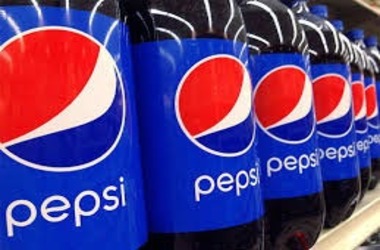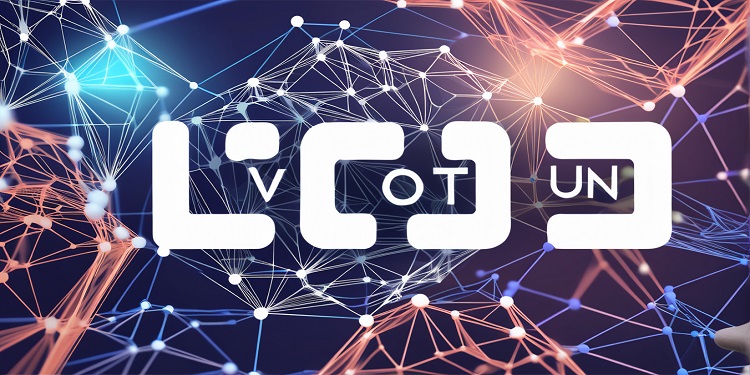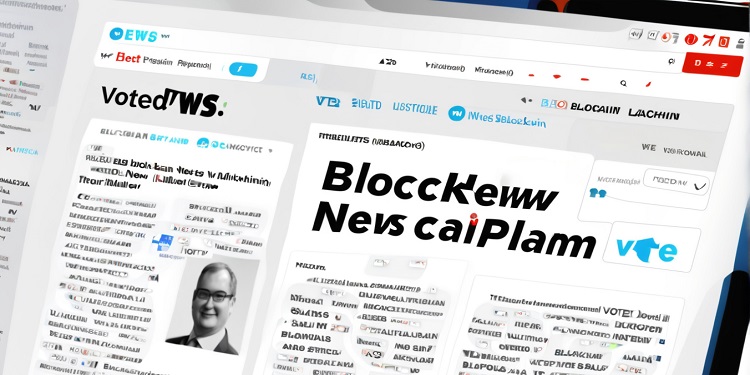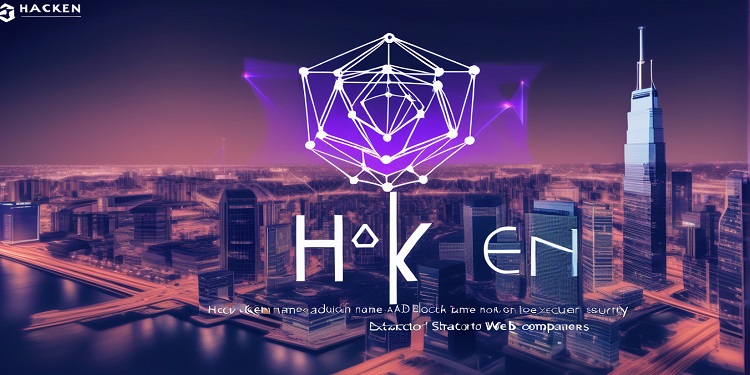 A blockchain-based trial ad campaign for PepsiCo resulted in a 28% increase in effectiveness. Marketing services agency Mindshare began collaborating on Project Proton with Singapore’s government blockchain Zilliqa in 2017. The project seeks at making digital ads give more value for money.
A blockchain-based trial ad campaign for PepsiCo resulted in a 28% increase in effectiveness. Marketing services agency Mindshare began collaborating on Project Proton with Singapore’s government blockchain Zilliqa in 2017. The project seeks at making digital ads give more value for money.
The company announced an effectiveness increase of 28% in March trials for PepsiCo advertisements displayed in Asia Pacific.
The advantage was seen in overall costs for visible impressions. In digital publicity, only a tiny percentage of the cash advertisers spend goes into the hands of publishers.
Between the advertiser and the editor, there are third-parties at each level taking a pie in expenditure. Plus an important percentage of ad spending goes down the drain due to frauds such as the use of bots.
Therefore, the objective is to guarantee spending on provable advertisements. The project utilizes smart contracts and a native NAT (Native Alliance Token) token. The only advertisements paid for are those considered visible, brand-safe and devoid of ad fraud. It allows transparency thereby making apparent how much funds go to each group.
Furthermore, encryption is being used to allow privacy, allowing almost every party to display information only according to their position.
Marketing firm Mindshare said the test was portion of Project Proton, which utilizes smart contracts to guarantee companies only pay for real, brand-safe impressions devoid of cheating.
The WPP-owned network stated that the expense for viewable impressions was 28% higher relative to an advertisement campaign that was carried out without smart contracts.
The trial occurred this March in the Asia-Pacific region. The stakeholders believe such innovation can make publicity expenditures could increase further and boost general transparency. PepsiCo claims it is now contemplating further pilot initiatives to assess the general effect of blockchain innovation.
As per the press release, the smart contracts were developed on a blockchain owned by Zilliqa Research, a Singapore-based tech firm. In November 2017, Mindshare and Zilliqa forged a collaboration to start trialing blockchain systems Zilliqa is a government blockchain that, like Bitcoin and Ethereum, utilizes proof of work to prevent spam.
Other project members include digital media purchasing platform Mediamath which delivers 250 billion ad views a day and marketing firm Rubicon Project.
Farida Shakhshir, Director of Consumer Engagement for PepsiCo AMENA commented that “the results are encouraging, and we plan to run a few more campaigns under different conditions to verify more hypotheses and measure overall impact.”
Last month, Brave, which offer namesake decentralized browser, revealed a unique alternative that enables its consumers to receive money for viewing ads. Besides encouraging customers, the firm said the technique decreases cheating and minimizes advertisers ‘ expenses.
There are several blockchain advertising activities around the world. In the previous quarter, Lucidity conducted an IAB pilot revealing 48% of useless clicks. Mediaocean launched a blockchain platform in partnership with IBM and enrolled Kellogg, Kimberly-Clark, Pfizer and Unilever.
Kiip launched the first blockchain-based mobile advertising campaign for AB InBev which is the owner of the Budweiser beer brand. Some initiatives are subset of Internet Advertising Bureau (IAB) campaigns.








